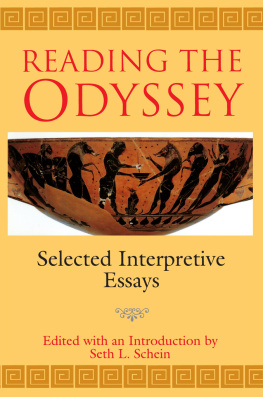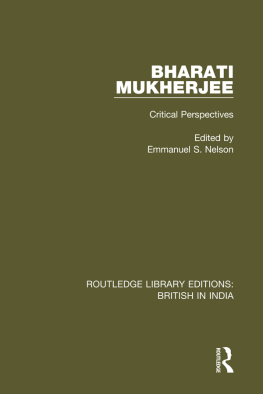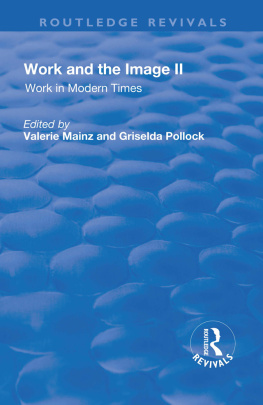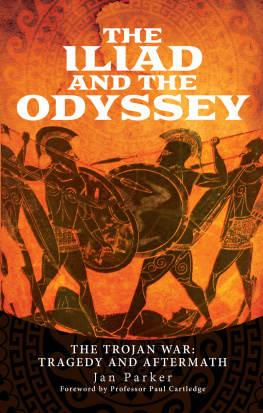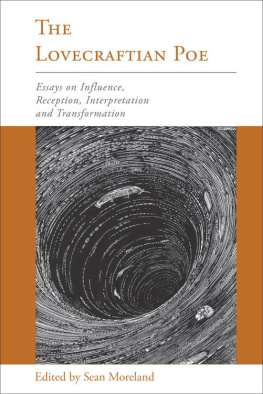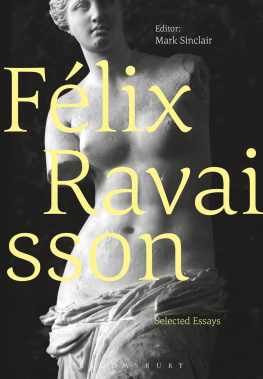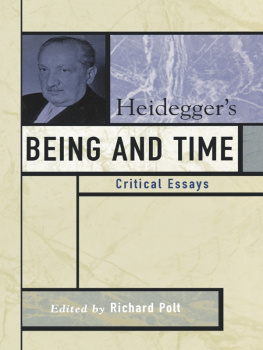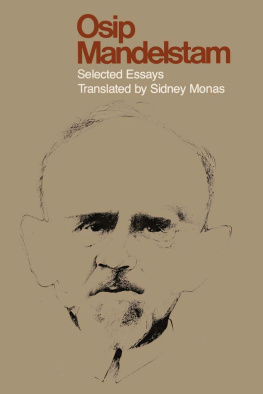Reading the Odyssey
Reading the Odyssey
SELECTED
INTERPRETIVE ESSAYS
Edited with an Introduction by
SETH L. SCHEIN
PRINCETON UNIVERSITY PRESS
PRINCETON, NEW JERSEY
Copyright 1996 by Princeton University Press
Published by Princeton University Press, 41 William Street,
Princeton, New Jersey 08540
In the United Kingdom: Princeton University Press, Chichester, West Sussex
All Rights Reserved
Library of Congress Cataloging-in-Publication Data
Reading the Odyssey : selected interpretive essays / edited with an introduction by Seth L. Schein.
p. cm.
Includes bibliographical references and index.
ISBN 0-691-04440-6 (cl)ISBN 0-691-04439-2 (alk. paper)
eISBN 978-0-691-21414-6
1. Homer. Odyssey. 2. Odysseus (Greek mythology) in literature.
3. Epic poetry, GreekHistory and criticism. I. Schein, Seth L.
PA4167.R43 1995
883. 01dc20 95-10938
R0
TO THE MEMORY OF HOWARD N. PORTER
PREFACE
THIS BOOK is intended for those who read, study, and teach the Odyssey in translation or in the original Greek. It includes ten essays by leading scholars that seem to me valuable for their interpretive approaches to the poem. Of these essays, one is new (Slatkin); the others were published between 1948 and 1988, though two appear in revised and expanded versions (Felson-Rubin, Nagler) and five in English translation, three for the first time (Hlscher, Reinhardt, Vernant, The Refusal of Odysseus).
The ten contributions reflect five major interpretive concerns of modern Odyssey scholarship: the poems programmatic representation of social and religious institutions and values; its transformation of folktales and traditional stories into epic adventures; its representation of gender roles and, in particular, of Penelope; its narrative strategies and form; and its relation to the Iliad, especially to that epics distinctive conception of heroism. Some of the essays address one or more of these topics in general terms; others focus on a single episode, character, pattern of dramatic action, or element of style or diction. In my Introduction, I have tried briefly to indicate the background of the poem and to suggest fruitful lines of interpretation, some of which are developed in greater depth and detail in one or more of the ten essays.
Several of these contributions originally appeared in books and journals that are out-of-the-way and hard to find even for classical scholars. One aim of the present collection is to make them more readily available and, by juxtaposing them with the more accessible and the new pieces, to allow all the essays to engage in fruitful dialogue with each other. To some extent, they already do so. For example, Hlschers concern with the transformation of folktale into epic is deeply influenced by Reinhardts study of the transformation of folk-motifs into thematically relevant adventures and of story into dramatic situation. In different ways, both Felson-Rubins Penelopes Perspective and Naglers Dread Goddess Revisited are concerned with Penelope and femininity in the poem, though the former essay is perhaps more interested in what might be called Penelopes psychological style and in the narratological implications of this style than in representations of gender and social roles. On the other hand, such representations are the central interpretive concern of Naglers essay, which studies them in light of archetypal, Indo-European poetic themes.
Felson-Rubins narratological concerns link her piece with Slatkins essay on the interpretive significance of the overall narrative structure of the Odyssey. At the same time, Slatkins interest in the representation and self-representation of Odysseus as a particular kind of hero, in a special, self-conscious relation to traditional heroic values and song, connects her discussion to Segals Kleos and Its Ironies in the Odyssey and Puccis The Song of the Sirenstwo pieces that also address Odysseus and the poems distinctive and self-conscious heroic themes, diction, and style (and that refer to each other in their notes). Similarly, Vernants The Refusal of Odysseus and Death with Two Faces, while focusing on specific episodes of the poem, situate these episodes in its overall narrative and thematic structure and view them as illustrative of its distinctive values; they owe much to Vidal-Naquets wide-ranging essay and are fruitfully studied together with the essays of Pucci, Segal, and Slatkin. Originally I planned to include another half-dozen pieces on various literary, social, and historical topics, but that would have made the book too costly for much of its intended audience. I hope the loss in scholarly range and variety is offset by the gain in concentration and coherence.
I am grateful to the authors, editors, and publishers of previously published articles for permission to include them in this volume (for details, please see the list of Acknowledgments); to Vincent Farenga, Harriet Flower, and Simon Richter, who translated essays by Vernant, Reinhardt, and Hlscher, respectively, especially for this volume; to Kay Flavell and Andrew Szegedy-Maszak, who translated from French and German several of the essays I intended to include but could not find room for. I am grateful also to the many other colleagues and friends who discussed the contents of this volume with me, read drafts of my Introduction, and improved it by their criticism. For their advice and encouragement I wish to thank in particular Jenny Strauss Clay, Lillian Doherty, Nancy Felson-Rubin, Sheila Murnaghan, Gregory Nagy, Charles Segal, Laura Slatkin, Froma Zeitlin, and the anonymous Readers for Princeton University Press. I also wish to thank Jeffrey Carnes for the General Index and my former Research Assistants, Susan Brockman, Elizabeth Pittenger, and Susan Thomas, for practical help and numerous substantive improvements. At Princeton University Press, Joanna Hitchcock (at the inception of this project) and Lauren Osborne and Licia Wise (at its conclusion) were exceptionally helpful and supportive, and Marta Steele was an alert and instructive copy editor. I am grateful to the Academic Senates of the University of California at Davis and the University of California at Santa Cruz and to the Research Foundation of the City University of New York for their financial support.
I would like to thank my wife, Sherry Crandon, and our son, Daniel, for the patience and support that enabled me to complete this project.
I dedicate this collection to the memory of my teacher, the late Howard N. Porter, with whom I was lucky enough to study the Homeric epics in a series of unforgettable, yearlong courses at Columbia University in the early and mid-1960s. Howard was a brilliant reader of the Odyssey and an inspiring teacher; many of the ideas and interpretations suggested or developed in my Introduction go back to his classes.
ACKNOWLEDGMENTS
I AM GRATEFUL to authors, editors, and publishers for permission to reprint or translate the following essays used in this volume, which originally appeared in the publications listed below:
U. Hlscher, Penelope and the Suitors [Penelope vor den Freiern], Lebende Antike. Symposium fr R. Shnel (Berlin: Erich Schmidt Verlag, 1967), 27-33.
P. Pucci, The Song of the Sirens, Arethusa 12 (1979), 121-32.
K. Reinhardt, The Adventures in the Odyssey [Die Abenteuer der Odyssee

